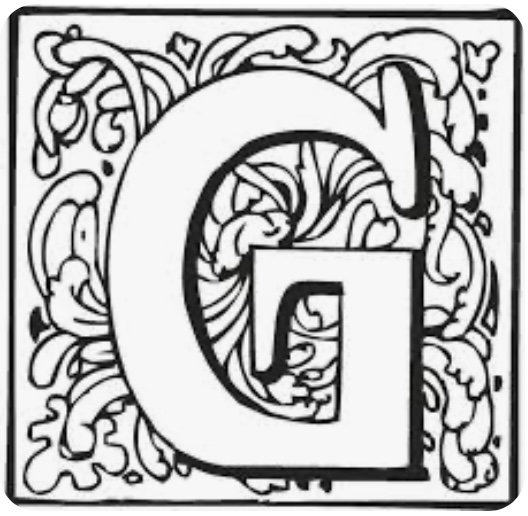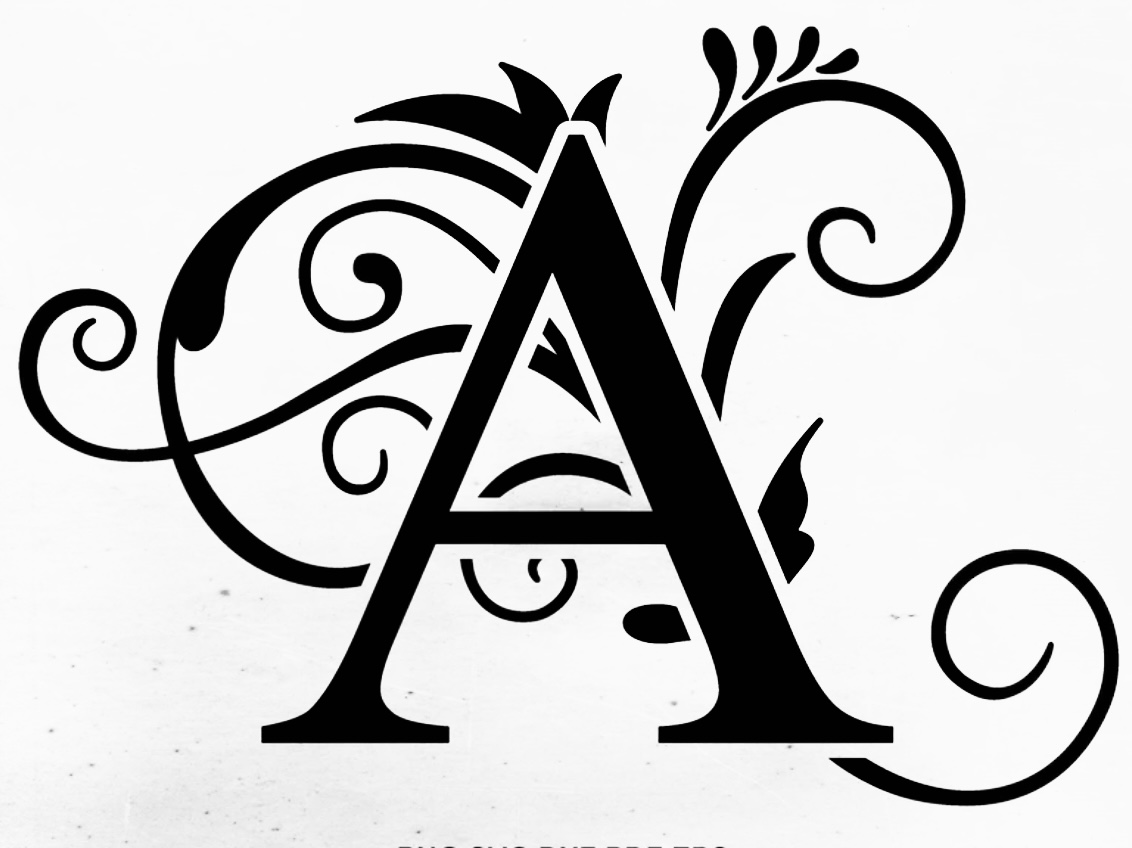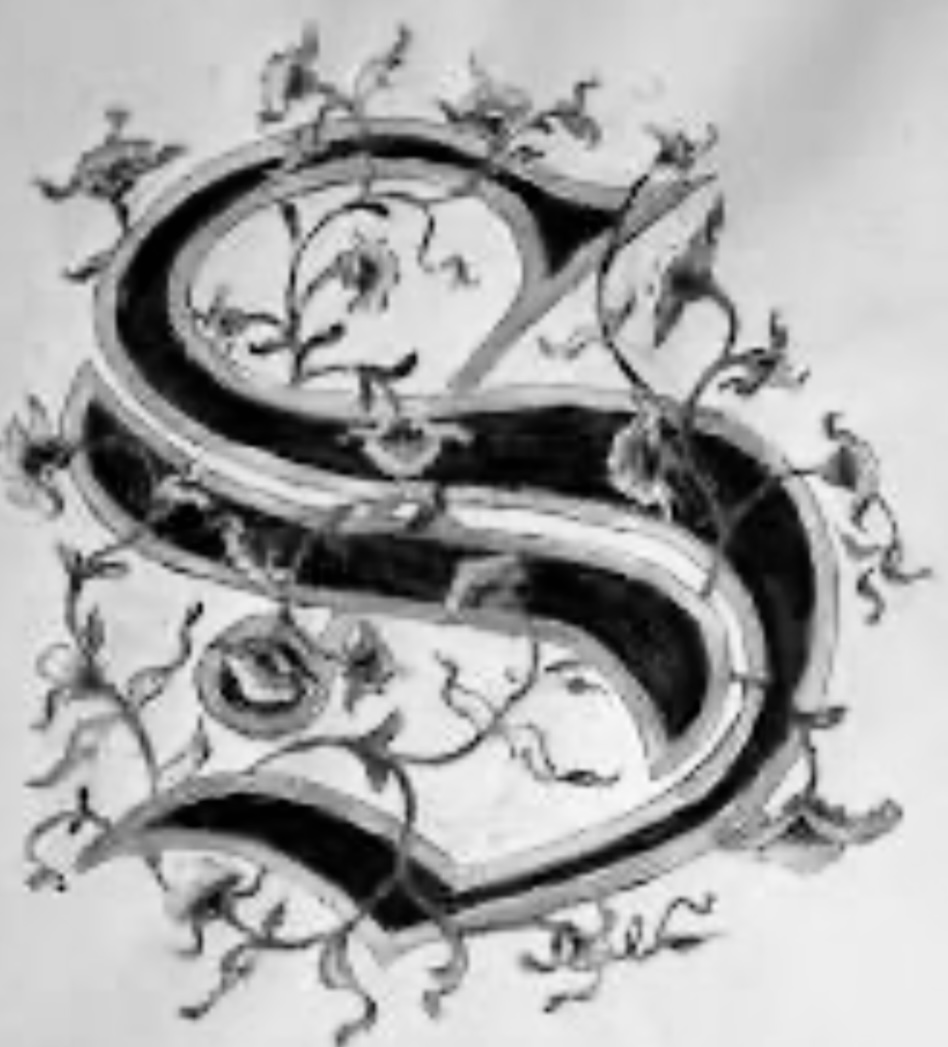Painting in Pictures
 I’m a creative guy. When I was five I sat in my mother’s lap as she drew and armed with my own pencil I drew too. Often mimicking her own images, I found myself doing more complex art before I was six. By the time I was ten my art had evolved from early pencil drawings to crayon, then charcoal, watercolor, oils and back to pencil sketches. I was going to be a comic book artist by the time I was fifteen and made plans to do so at that age. About that time also I discovered a new talent: story crafting. I took typing in my freshman year and my story telling ability exploded, far exceeding my talent at visual arts. The expression is: a picture is worth a thousand words. While that may be true, at 90+ words a minute and a vivid imagination I could paint a number of pictures with my words in less than an hour. And a ream of typing paper was far less costly than canvas. It would be decades however before my grammar and spelling would make better masterpieces.
I’m a creative guy. When I was five I sat in my mother’s lap as she drew and armed with my own pencil I drew too. Often mimicking her own images, I found myself doing more complex art before I was six. By the time I was ten my art had evolved from early pencil drawings to crayon, then charcoal, watercolor, oils and back to pencil sketches. I was going to be a comic book artist by the time I was fifteen and made plans to do so at that age. About that time also I discovered a new talent: story crafting. I took typing in my freshman year and my story telling ability exploded, far exceeding my talent at visual arts. The expression is: a picture is worth a thousand words. While that may be true, at 90+ words a minute and a vivid imagination I could paint a number of pictures with my words in less than an hour. And a ream of typing paper was far less costly than canvas. It would be decades however before my grammar and spelling would make better masterpieces.
it is funny how technology changes almost everything. Today’s youth can write limitless papers in perfect grammar and spelling with no effort (and no white-out) by turning on literacy functions within word apps. I really wonder if this is growth.
 Here is the other thing I learned early as a result of paying attention in Sunday School: Word Pictures. Nathan was trying to tell King David something difficult. Actually he was risking his own head. He was calling David an adulterer and a murderer who had strayed away from God. And even though he was a priest, an outright accusation could have gotten him into a shouting match and then a death sentence. So what Nathan did was paint a story with words that let David get downright angry at a fictional character who stole another’s property and destroyed it. Once David condemned that man, Nathan said, ‘that man is you.’ And David could see himself for what he was, and remorsefully turned back to the God of Israel. These ‘word pictures’ have been used over the years by many in history. Parables. Both in the Bible and those from the moralistic Greek storytellers are good examples. I learned even in childhood then, to craft a story to meet a need to deliver difficult ideas or to win arguments. It’s easier to win over someone to your idea if you can get them to see it first in a word picture. Most, maybe, will see the point far before the tale is finished and agree, some even believe later that they stumbled on your idea even before you did. Especially when you give it some time before you argue your point.
Here is the other thing I learned early as a result of paying attention in Sunday School: Word Pictures. Nathan was trying to tell King David something difficult. Actually he was risking his own head. He was calling David an adulterer and a murderer who had strayed away from God. And even though he was a priest, an outright accusation could have gotten him into a shouting match and then a death sentence. So what Nathan did was paint a story with words that let David get downright angry at a fictional character who stole another’s property and destroyed it. Once David condemned that man, Nathan said, ‘that man is you.’ And David could see himself for what he was, and remorsefully turned back to the God of Israel. These ‘word pictures’ have been used over the years by many in history. Parables. Both in the Bible and those from the moralistic Greek storytellers are good examples. I learned even in childhood then, to craft a story to meet a need to deliver difficult ideas or to win arguments. It’s easier to win over someone to your idea if you can get them to see it first in a word picture. Most, maybe, will see the point far before the tale is finished and agree, some even believe later that they stumbled on your idea even before you did. Especially when you give it some time before you argue your point.
The gift of gab
I’m not quite sure if gab is a gift. But if it is, well I was very gifted. I say ‘was’ as in past tense. There was a time in my youth, when bringing to bear all my skills of painting word pictures, the logic I had developed as a computer programmer, my creative artistic juices and my argumentative skills as a debater that I quite possibly could have sold ice makers to Eskimos.
Gary gave ‘incites’ years before he gave insights
 in fact, regrettably, I probably did. Metaphorically. During my stint as a comic book dealer I was more used car dealer than proper salesman. That is the reason I gave that all up when a spiritual revival came into my life. You can’t lie and or steal and still follow after Christ. You serve Christ or Mammon, but not both.
in fact, regrettably, I probably did. Metaphorically. During my stint as a comic book dealer I was more used car dealer than proper salesman. That is the reason I gave that all up when a spiritual revival came into my life. You can’t lie and or steal and still follow after Christ. You serve Christ or Mammon, but not both.
Even now, I could win argument by these old skills. But. No longer by gab. The tongue, like other body parts moves a little slower but that isn’t it either. No. The issue is memory.
Is that deja vu or am I doing this the first time?
There is a term for that memory loss that even the youthful feel when they walk into a room and forget why. And full blown Alzheimer’s can leave one totally disconnected from everyone. What I’m talking about is something beneign in between. For someone who lives to paint word pictures this is tragic indeed. I can be just having a conversation with anyone and a simple word will come up and I will draw a blank, stumbling over it. I can’t say it. I don’t remember what the word is. I can be across from it. A fire extinguisher on the wall across from me and I will stumble. ‘Uuuuhh. Umm what do you call it? That thing you use to put out fires?’ I hate it when people in frustration start guessing. Erroneously. ‘Hoses? Firemen? Fire trucks?’ And I have to keep describing or pointing. No painting word pictures when you’ve run out of blue or yellow paint. And it can be such simple words, and always random: bread, monitor, doorbell. The list is endless. Never comes up twice. Still. It’s like freezing up during public speaking. “Pardon me while I take five minutes to remember a word. I might need your help if I can’t.”
 You can readily see this is not an issue when I write. I can take all the time I need to remember the word or the thought. I can edit, re-edit or even change direction entirely. Seemlessly. This I cannot do while speaking. And my editing software includes a thesaurus. So if I can type another word meaning roughly the same thing, well: a thesaurus gives me many opportunities to find, or remember the word in question. No pauses in the prose when written instead of spoken.
You can readily see this is not an issue when I write. I can take all the time I need to remember the word or the thought. I can edit, re-edit or even change direction entirely. Seemlessly. This I cannot do while speaking. And my editing software includes a thesaurus. So if I can type another word meaning roughly the same thing, well: a thesaurus gives me many opportunities to find, or remember the word in question. No pauses in the prose when written instead of spoken.
Created inside me; I allowed it to escape upon the world
 And then there is that imagination. That creative force that wakes me up in the middle of the night with crazy or wonderful ideas. Ideas that become rich plots in fiction yet unpublished. I have completed two novels in my life. One, upon recognizing how worldly, sensual and vulgur it was, became a pleasure to turn into ash and smoke. (Tip: you have to separate 700 typewritten pages to burn it, as a huge lump or stack of paper will not burn if it is not). The second novel adheres more to my present (and faithful) worldview. Although it might appeal to atheists and agnostics in their worldview. But I assure you that it is just a trap. Yep I’m still word picturing people into recognizing their own sins in the fictionalized lives of others and show them subtly how to shed it. Not deviously. In his parable of the Unjust Steward, Christ commended him and called him wiser than the children of light. Again I’m not doing this deviously. I’m letting THEM see error first; leading them to self actualization and then lead them to a change of heart. And this novel I describe as “Five stories, like a modern twilight zone collection craftily leading worldly readers to a radical twist at the end of each and, forcing after that satisfying chuckle fades away, to ponder their present reality and how they can escape that carnal nature.“ Sorry I can’t say more than that. Not even a title. I am in my seventh review and re-write of several of these five. This one will get published when the Lord tells me it is ready and time to share.
And then there is that imagination. That creative force that wakes me up in the middle of the night with crazy or wonderful ideas. Ideas that become rich plots in fiction yet unpublished. I have completed two novels in my life. One, upon recognizing how worldly, sensual and vulgur it was, became a pleasure to turn into ash and smoke. (Tip: you have to separate 700 typewritten pages to burn it, as a huge lump or stack of paper will not burn if it is not). The second novel adheres more to my present (and faithful) worldview. Although it might appeal to atheists and agnostics in their worldview. But I assure you that it is just a trap. Yep I’m still word picturing people into recognizing their own sins in the fictionalized lives of others and show them subtly how to shed it. Not deviously. In his parable of the Unjust Steward, Christ commended him and called him wiser than the children of light. Again I’m not doing this deviously. I’m letting THEM see error first; leading them to self actualization and then lead them to a change of heart. And this novel I describe as “Five stories, like a modern twilight zone collection craftily leading worldly readers to a radical twist at the end of each and, forcing after that satisfying chuckle fades away, to ponder their present reality and how they can escape that carnal nature.“ Sorry I can’t say more than that. Not even a title. I am in my seventh review and re-write of several of these five. This one will get published when the Lord tells me it is ready and time to share.
In the meantime, I have much fiction in various stages of writing and much more ‘incite-ful’ informative prose, like this, to satisfy my compulsion to write and express deeply held convictions.
The World’s Best Outlet
There used to be a lot of flourishing local papers. There editorial pages were once open to diverse ideas. They encouraged it. A controversial opinion could generate hundreds of letters in response (and consequently sell a lot of papers). By that standard I probably added a lot of wealth to the Charleston Gazette. No longer. Newspapers (if they have survived) print only what aligns with their own biases. No disenting here. Goodby free press. Thus no controversial viewpoints are ever made and none ever read. That is if any editorial responses are ever read. Newspaper decline suggests they are not.
 By contrast the most freely open controversial outlet for content these days is the web. Even here you must be careful. Opinion is disguised as news. Misinformation reigns. And opinion and misinfornation is dropped everywhere by largely anonymous sources who are working agendas of their own.
By contrast the most freely open controversial outlet for content these days is the web. Even here you must be careful. Opinion is disguised as news. Misinformation reigns. And opinion and misinfornation is dropped everywhere by largely anonymous sources who are working agendas of their own.
The blogger is a much safer bet. He identifies himself, He provides an avenue for response. He leaves an unbroken public record of who he (or she) is. That is not to say that most bloggers don’t have agendas of their own. And can just as easily as others extend misinformation. However a few have ideas worthy of navagation.  Good bloggers must be good storytellers. Not given to random outbursts and virtue signaling. They must organize their thoughts. They clearly state beliefs and use practical, logical argument to reinforce that point, while laying waste to the opposite view. And they CANNOT overlook any opposing argument by ignoring it. Here is why: if they want to convince you, they must first defend their own view internally. If there is an opposite compelling argument that weakens their own, they must wonder: am I wrong? Beyond organized storytelling, based on compelling argument they must use wit and humor. Not sarcasm. Humor something that makes them smile in agreement. I was once told the perfect definition of tact. Tact is the ability to tell someone to go to hell with such humor and excitement that they actually look forward to the trip. Good bloggers can do these things. Make people seriously reconsider their own state of belief and armed with reasons for the change. And they give away a laugh or two along tfe way. More. Readers are willing to come back later to see what you have to say. That. That is the personal highest form of acknowledgement that you are indeed a good writer. I have yet to be acknowledged on this stage. But I feel privileged just to be standing on it.
Good bloggers must be good storytellers. Not given to random outbursts and virtue signaling. They must organize their thoughts. They clearly state beliefs and use practical, logical argument to reinforce that point, while laying waste to the opposite view. And they CANNOT overlook any opposing argument by ignoring it. Here is why: if they want to convince you, they must first defend their own view internally. If there is an opposite compelling argument that weakens their own, they must wonder: am I wrong? Beyond organized storytelling, based on compelling argument they must use wit and humor. Not sarcasm. Humor something that makes them smile in agreement. I was once told the perfect definition of tact. Tact is the ability to tell someone to go to hell with such humor and excitement that they actually look forward to the trip. Good bloggers can do these things. Make people seriously reconsider their own state of belief and armed with reasons for the change. And they give away a laugh or two along tfe way. More. Readers are willing to come back later to see what you have to say. That. That is the personal highest form of acknowledgement that you are indeed a good writer. I have yet to be acknowledged on this stage. But I feel privileged just to be standing on it.
Leave More than a Legacy; Leave a Library
 My very first blog entry was the lament of a workaholic forced into disability retirement. An exercise in logic and humor. Then I was inspired by spiritual moments in my life that made me who I am. My posts then became historical family moments. Or spiritual ones left as a legacy to my family. Moments or argument too long for Facebook began to swell into blog posts. I did family history on my parents, grandparents, my 48-year marriage to my penpal. For friends and classmates I did a travelogue back to my hometown. I discovered I am leaving a library behind. A library that I hope will be appreciated someday by my very large extending family.
My very first blog entry was the lament of a workaholic forced into disability retirement. An exercise in logic and humor. Then I was inspired by spiritual moments in my life that made me who I am. My posts then became historical family moments. Or spiritual ones left as a legacy to my family. Moments or argument too long for Facebook began to swell into blog posts. I did family history on my parents, grandparents, my 48-year marriage to my penpal. For friends and classmates I did a travelogue back to my hometown. I discovered I am leaving a library behind. A library that I hope will be appreciated someday by my very large extending family.
Putting a bow on it
in summary you might say I am compelled to write for some very deeply held convictions. And if the entirety of my work is not discovered or largely unread until eons after my passing, that is perfectly fine. I put it all down in order as I had too, to meet my goal.




